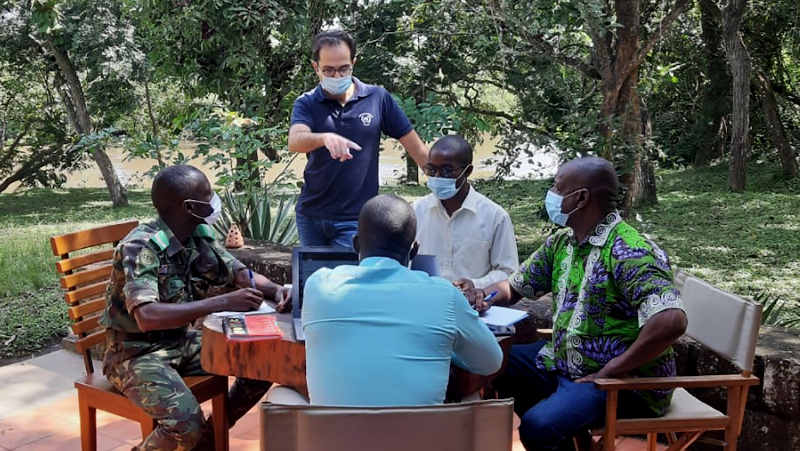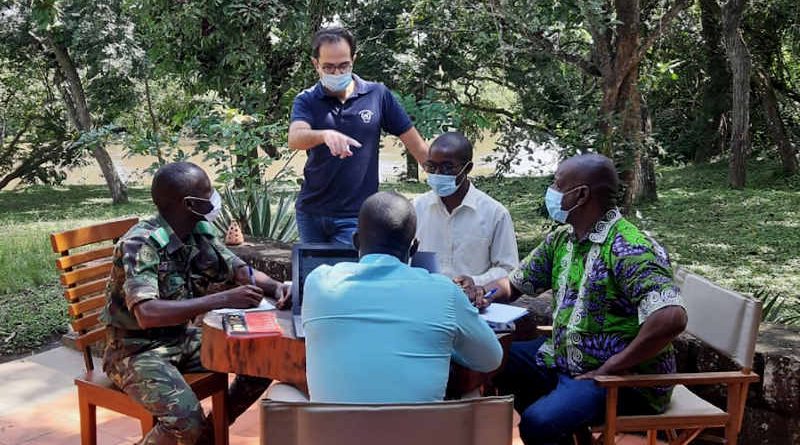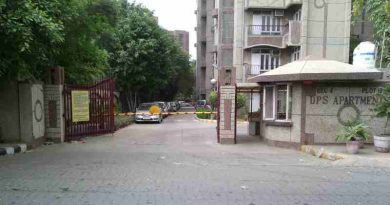How UNODC Helps Prevent Corruption in Wildlife Crime

To identify corruption risks in the Park’s management processes, UNODC organized a workshop with 21 participants.
The United Nations Office on Drugs and Crime (UNODC) says corruption strikes at the core of the fight against wildlife crime. It threatens effective regulation and management at every stage of the wildlife value chain from forged licenses and the underreporting of quantities of animal products, through to the sale or transportation of mislabelled goods to hide illegal wildlife trafficking. It undercuts the efforts of law enforcement to investigate and prosecute wildlife crime. As such, it undermines conservation efforts of endangered species.
The Democratic Republic of the Congo (DRC) has unique natural resources, forests, and wildlife, as well as the highest level of biodiversity in Africa. Domestic and international illegal wildlife trade put a high pressure on Congolese wildlife, including pangolins, elephants, giraffes, and other endangered species.
Protected areas such as the Garamba National Park in the north-eastern DRC are not immune to these serious threats. UNODC is, therefore, supporting their efforts to assess and mitigate risks of corruption in the operations linked to wildlife conservation.
To identify corruption risks in the Park’s management processes, UNODC organized a workshop with 21 participants from all key functions of the Park, including conservation, law enforcement and human resources.
As emphasized by the UNODC Regional Director for Southern Africa, Marco Moreira De Sá Assunção Teixeira, “corruption is a critical factor facilitating every aspect of wildlife and forest crime. It is key to prevent corruption in protected areas such as the Garamba National Park in order to safeguard the very rich wildlife of the DRC.”
“The collaboration between UNODC, African Parks and ICCN provides a unique opportunity to empower our teams to identify and mitigate against the risks associated with corruption in managing protected areas,” emphasized John Vogel, Director of Research and Development, Garamba National Park.
All participants involved will continue to work on the corruption risk assessment and finalize it in early 2022, when they will gather again with the support of UNODC to develop mitigating strategies to address the corruption risks identified.
The Garamba National Park, one of Africa’s oldest National Parks and a UNESCO World Heritage listed site, is managed by African Parks, a non-profit conservation organization, in partnership with the Institut Congolais pour la Conservation de la Nature (ICCN). The project is funded by Belgium.





